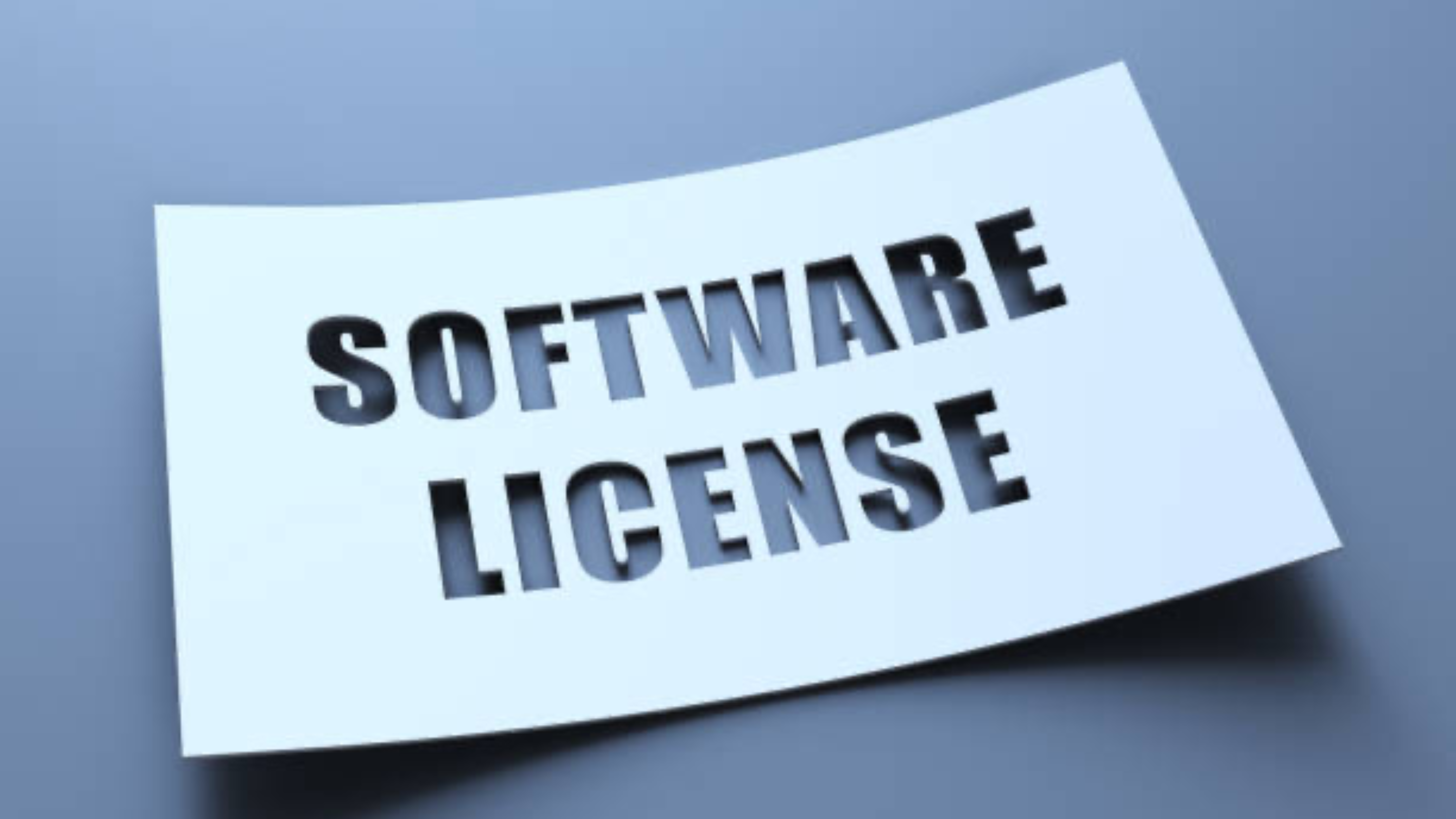Running a business today means relying on software more than ever. From keeping your team productive to managing clients and securing your data, software is at the heart of daily operations. But here’s a question that often gets overlooked: Are you sure all the software you’re using is properly licensed?
It’s a simple question, yet it carries a lot of weight. Using unlicensed software can seriously impact your business in ways you might not expect. Let’s talk about why it’s crucial to be certain that your software is licensed, and why it’s a decision you want to get right the first time.
What Exactly Is Licensed Software? And Why Does It Matter?
Before we dig deeper, let’s clarify what we mean by “licensed software.” Simply put, licensed software is any program you’ve legally obtained the right to use. This comes through a purchase, subscription, or agreement with the software vendor.
Unlicensed software, on the other hand, can be pirated copies, software used beyond its allowed number of devices, or simply software with expired licences. The distinction might seem small, but it’s a world apart in terms of legal, security, and operational consequences.
Why Licensed Software Is Non-Negotiable for Your Business
1. Cybersecurity Is a Real Threat
One of the biggest risks with unlicensed software is the security hole it can create. Unlicensed versions don’t get regular updates or patches, leaving your business exposed to viruses and hackers. In a world where ransomware attacks are becoming more common, running unpatched software is like leaving your front door wide open.
Plus, many unlicensed copies come bundled with malware or spyware. Using such software can quickly lead to data breaches, costing you thousands or even millions in recovery and lost business.
2. Legal Risks and Costly Fines
There’s a reason software companies monitor license use. They have legal teams that conduct audits, sometimes unannounced. If your business is found using unlicensed software, fines and penalties can be steep and they aren’t just one-off payments. There’s also the cost of replacing that software with legitimate versions, which can stretch budgets unexpectedly.
For regulated industries like legal or finance, unlicensed software can mean failing compliance requirements, which can have even bigger consequences beyond fines including damage to your professional reputation.
3. Reliability and Performance
Licensed software tends to be more reliable. It runs smoothly, with fewer bugs or glitches because you’re using a license, it is tested, supported, and optimised by the vendor.
Unlicensed or counterfeit software can crash unexpectedly or cause compatibility issues with other tools you rely on.
What Is a Server and Why Does It Matter Here?
For many businesses, especially those running their own IT infrastructure or working with a Managed Service Provider (MSP), servers play a key role. A server is basically a specialised computer that handles data and applications for the rest of your network.
Licensed software on servers is even more important because servers are the backbone of your operations. If your server runs unlicensed software, it puts the entire network at risk, opening doors to legal trouble, security breaches, and downtime.
How to stay on the right side of licensing (without overcomplicating it)
Do a basic software audit. What software is installed on your machines? Is it licensed and current?
Get your MSP involved. Ask for a license compliance check or inventory review.
Don’t assume free is legal. Free downloads, torrents, and “cracks” often come with hidden costs.
Educate your team. Let staff know not to install anything without approval — even if it seems harmless.
Avoid the “set and forget” trap. Licences expire. Staff change. Tech stacks evolve. Review your software every 6–12 months.
Final Thoughts
Look — no one’s saying software licences are exciting. But they are essential.
Licensed software protects your business, your team, your clients, and your future. And managing it doesn’t have to be overwhelming especially when you’ve got the right systems or partners in place.




